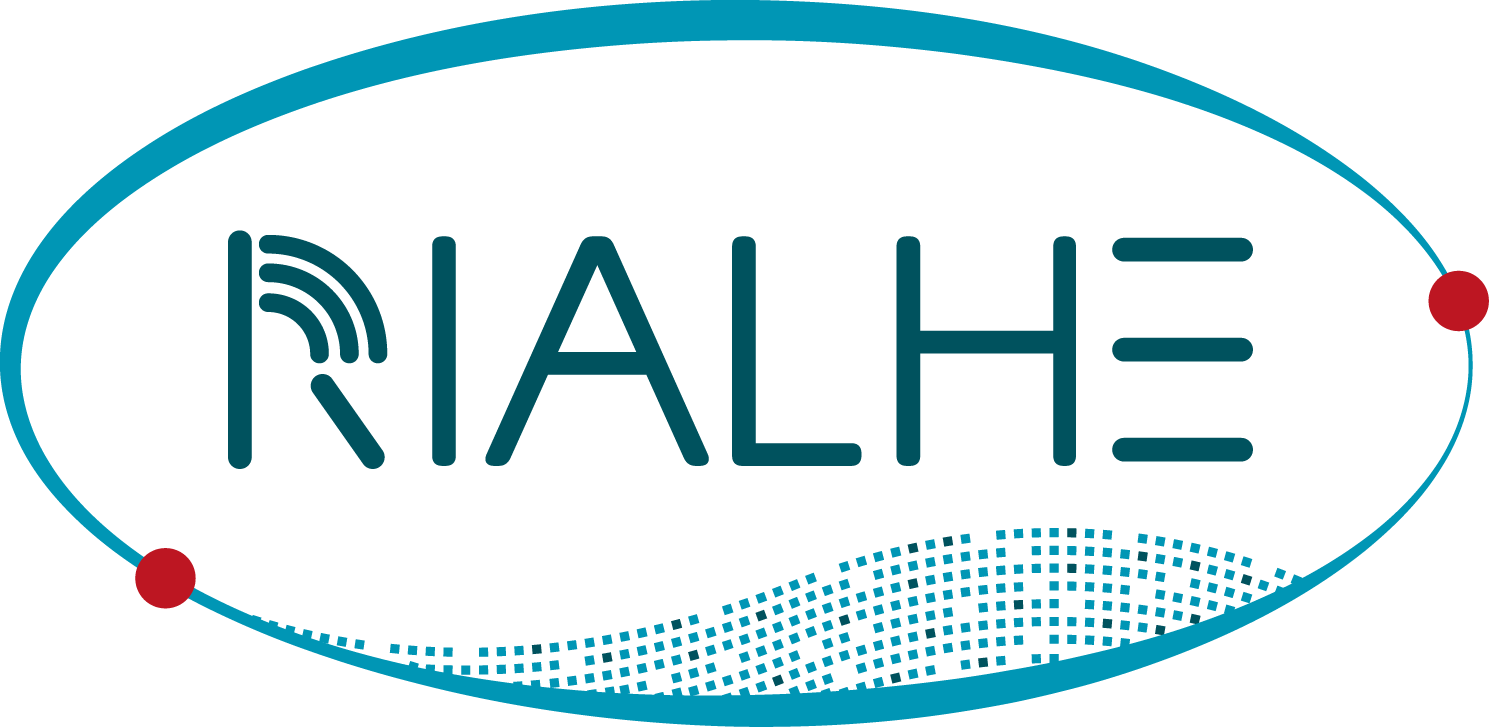Research
Laboratory experimentation plays an important role in higher scientific education. This helps to develop procedural skills required in both high-level academic and professional contexts.
Even though laboratories of excellence operating across Europe are concerned about the difficulty of finding qualified staff, trained to be efficient and familiar with the new experimental procedures, university students seldom have access to these laboratories. This highlights the significant disconnect between the practical demands of the professional world and the theoretical nature of higher education courses. As a result, while students gain extensive general and specialized knowledge, they often miss out on acquiring the practical awareness and competencies required in the industry.
Through these initiatives, we hope to bridge the gap between academic learning and the practical skills required in the professional world. To ensure the project’s seamless operation, we have described the work packages below.
Work Package 1
Work package (WP) 1 is more about administrative procedures covering management reporting structures, document standards, collaborative specification and development and quality assurance. The Quality Manager (QM) oraganizes and control the qualoty procedures and it is carried throughout the project lifecycle.
Three aspects of quality control will be monitored:
- Coordination and management : Preparation of evaluation report from partners.
- Outputs : Outputs and their adherence to templates will be reviewed by QM.
- Dissemination efforts : The quality of dissemination activities is assessed at internal and external level.
Work Package 2
WP 2 (Curricula design) has two main objectives:
- Define the infrastructure necessary for conducting remote labs, identify teachers needs to track students’ learning strategies.
- Design of different online approaches including evaluation, integration of scientific field into higher education teaching.
WP2 will present a critical and categorised analysis of all relevant information concerning methodologies and best practices to be implemented in remote labs.
Work Package 3
WP3 (Remote labs and Asynchronous learning sessions) has three main objectives:
- Pedagogical objective: To consider all aspects of the recommended path, including identifying suitable laboratories, developing an experimental path, creating a Timeline (TL), and conducting live and asynchronous learning sessions.
- Data collection: Collect data during the experiments by the platforms.
- Building of pedagogical contents: Expand students knowledge of the lab experiment.
Work Package 4
WP4 (Understanding remote lab use and learning) focuses to understand and optimize learning environments by identifying trends in student activity, improving educational designs, and analyzing navigation habits to enhance virtual lab session completion. Learning analytics dashboard, laboratory learning sessions analytics will be conducted in order to gain insights on use of remote labs and platforms.
Project Deliverables
RIALHE – Remote Laboratories Access Handbook- light version
RIALHE – Best practices and Methodologies-v1.0
Labs_and_target_groups_identification-v.1.0
Research Publications
Misiejuk, K., & Khalil, M. (2024). The Co-design Process of an Instructor Dashboard for Remote Labs in Higher Education (P. Zaphiris & A. Ioannou, Eds.). DOI.org (Crossref); Springer Nature Switzerland. https://doi.org/10.1007/978-3-031-61672-3_5
Rogers Kaliisa, Kamila Misiejuk, Sonsoles López-Pernas, Khalil, M., & Saqr, M. (2024). Have Learning Analytics Dashboards Lived Up to the Hype? A Systematic Review of Impact on Students’ Achievement, Motivation, Participation and Attitude. LAK ’24: Proceedings of the 14th Learning Analytics and Knowledge Conference. https://doi.org/10.1145/3636555.3636884
Izabella Chartres, Gidel, T., & Moulin, C. (2023). THE IMPORTANCE OF INDIVIDUAL WORK IN COLLABORATIVE DESIGN MEETING: IMPACT ON DESIGN TOOLS AND METHODOLOGIES. Proceedings of the Design Society, 3, 3405–3414. https://doi.org/10.1017/pds.2023.341
Poster presentation
Title: A Road Map to Remote Intelligent Access to Labs in Higher Education.
Authors: Mohammad Khalil and Kamila Misiejuk (University of Bergen)
29th ICDE World Conference 2023
